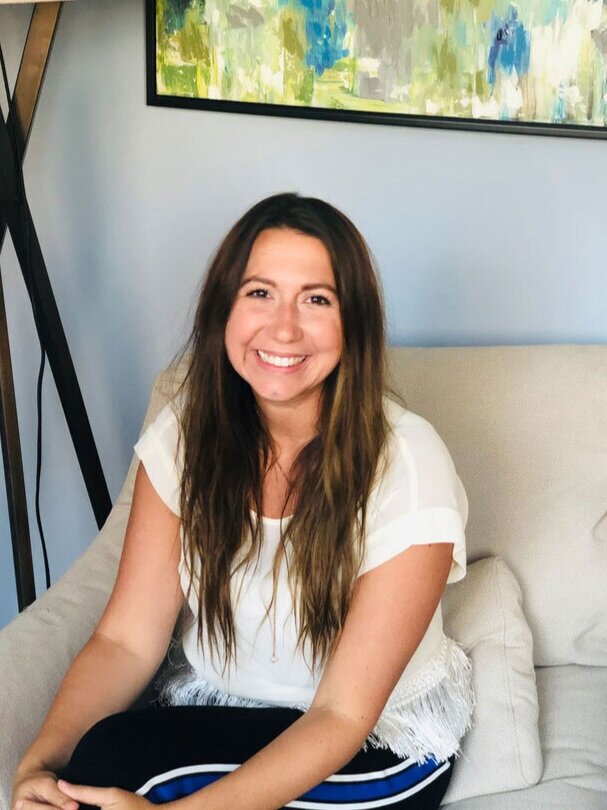Attachment Styles: Preoccupied
This attachment group is the 2nd largest with 20% of the population experiencing it. When you relate with others and are impacted by this attachment style you might find yourself being viewed as “needy”. You might also be worried and uncertain about your partner’s love for you. This creates an insecurity that can cause panic or anger when separated from your partner. If you ever perceive potential rejection you might also panic. You are caught in a constant paradox in which you are fighting to be in a relationship and then once in it you are fighting with the relationship.
The preoccupation can cause other areas of your life to slip - work, friendships, etc. You might also engage in “fantasy love” - a relationship in which your mind has created a story that is much better than what is truly happening.You deeply want to trust and love but are uncertain if you can. Sometimes your panic about being abandoned overrides your ability to be present for your partner and see their point of view. It can fog empathy and, overtime, deteriorate the relationship. And, you might struggle more than others to move forward. The “protest” stage can be full of anger and distress. It’s so hard.I like to reframe “preoccupation” as an ongoing abandonment reaction of your inner child. As a child,likely there was inconsistent caregiving- from a mother or father that wasn’t sure how to bond all the way to a traumatic attachment injury (the death of a parent, etc).
To begin healing you must have compassion for that little girl or little boy. You have to tell him or her that you wish people had been trustworthy, that you deserved better. And then, you must learn to be here now. Look for security and love that is real. Allow yourself to feel it. When you panic, self soothe. Open your heart to hearing the other side. Try to give what you receive. This is easier said than done, but with inner work you can heal.It’s truly wonderful that even though things have been hard you still seek out love and attachment. My hope for you is that you find a balance so that you can actually enjoy it.
Elizabeth Earnshaw, LMFT is a licensed marriage therapist in Philadelphia. Elizabeth supports individuals and couples improve the relationship they have with themselves and others through better communication, self soothing, and a clear understanding of what a successful marriage looks like. She believes that any committed couples who is willing to do the work can walk away from therapy with more clarity and connection in their relationship.
Philadelphia Therapist


